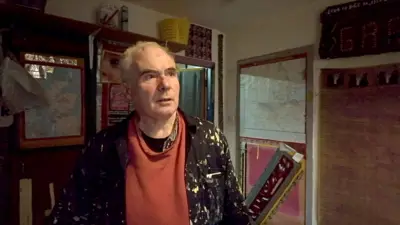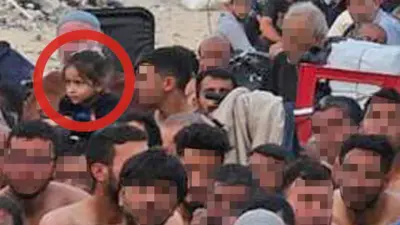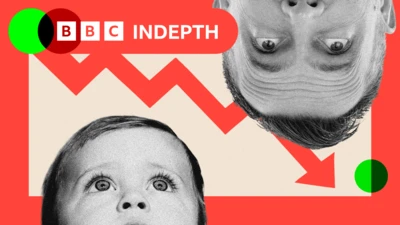We've updated our Privacy and Cookies Policy
We've made some important changes to our Privacy and Cookies Policy and we want you to know what this means for you and your data.
Israeli stabbed to death by Palestinian near Jerusalem holy site
Image source, EPA
An Israeli man has been stabbed to death by a Palestinian in the Old City of Jerusalem in the second fatal attack on Israelis in three days.
Adiel Colman, a father of four, was killed close to the Lions Gate entrance to one of the city's holiest sites.
Police shot dead the attacker, named by security officials as Rahman Bani Fadel, from the occupied West Bank.
It is the latest in a wave of attacks on Israelis, mostly by Palestinians or Israeli Arabs, since late 2015.
Mr Colman, 32, was stabbed as he made his way home from his job at the City of David museum, in the Jewish Quarter of the Old City.
He was rushed to hospital, where he died of his wounds.
Fadel, 28, came from the village of Akraba, near the northern town of Nablus, Israel's domestic security agency said.
The army said on Monday that it was preparing to demolish Fadel's house.
The attack happened close to the holy hilltop known the Jews as the Temple Mount and Muslims as Haram al-Sharif.
Tensions between Palestinians and Israelis have risen since December when US President Donald Trump recognised Jerusalem as Israel's capital, infuriating Palestinians.
Israel, which occupied East Jerusalem in the 1967 Middle East war, claims sovereignty over the entire city. Palestinians seek East Jerusalem as the capital of a future independent state.
On Friday two soldiers were killed and two others were injured when a Palestinian rammed them with his car in the northern West Bank.
At least 54 Israelis and five foreign nationals have been killed in nearly two years of mainly lone-wolf attacks.
Around 300 Palestinians - most of them assailants, Israel says - have also been killed in that period, according news agencies. Others have been killed in clashes with Israeli troops.
Israel says Palestinian incitement has fuelled the attacks. The Palestinian leadership has blamed frustration rooted in decades of Israeli occupation.
Top Stories
More to explore
Most read
Content is not available








